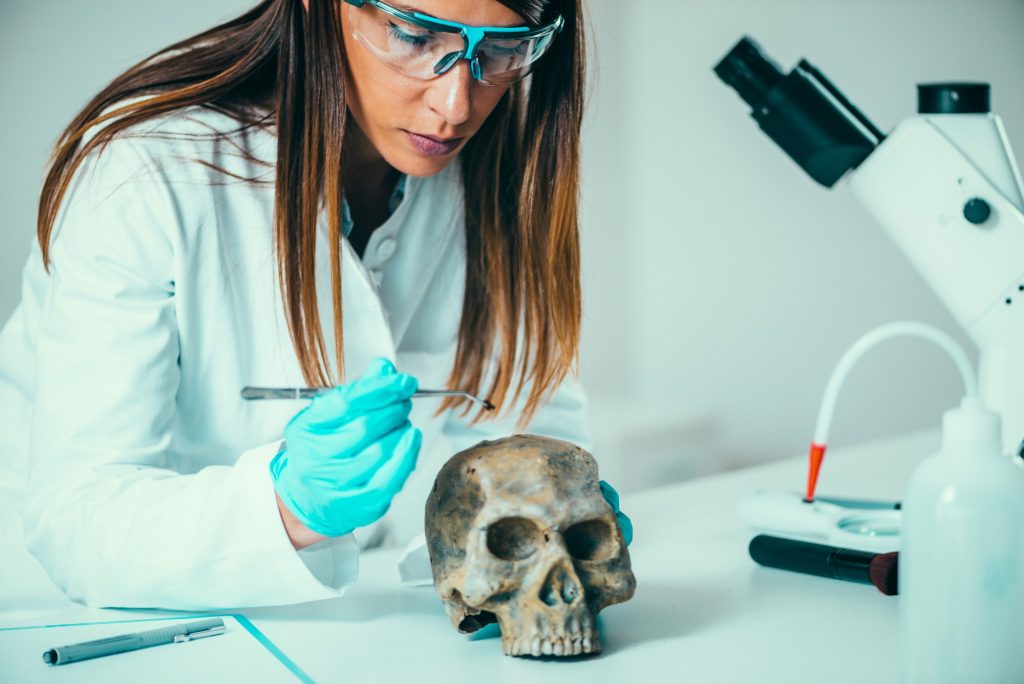
Forensic science, also known as criminalistics, is the application of scientific principles to assist in the resolution of criminal investigations. As a multidisciplinary field, forensic science draws upon various scientific specialties including chemistry, biology, physics, and engineering. Often, forensic scientists work in collaboration with law enforcement agencies to analyze and interpret physical evidence related to a crime scene. The application of forensic science has become increasingly important in modern criminal investigations as it can provide valuable information to help identify suspects, support or refute witness accounts, and ultimately help build a successful prosecution case.
One of the key applications of forensic science is the analysis of physical evidence found at crime scenes. This can include biological samples such as DNA, blood, and semen as well as non-biological evidence such as hair, fingerprints, shoe prints, and fibers. Forensic scientists use a variety of techniques to analyze this evidence, such as microscopy, chromatography, and spectrophotometry. By examining the physical characteristics of the evidence in a systematic manner, forensic scientists can often establish a link between a suspect and a crime scene.
Forensic science can also be applied in other areas of investigation. For example, ballistics experts can analyze bullets and firearms to help determine the type of gun used in a crime and link it to a suspect. Additionally, forensic experts can also analyze digital information such as emails, phone records, and social media posts to identify potential suspects or reveal critical information about a crime. In this way, forensic science can play an important role in a wide range of criminal investigations.
The use of forensic science has become increasingly important in modern criminal investigations. With new advances in technology and the development of more sophisticated techniques, forensic science continues to expand its capabilities and improve its accuracy. However, like any science, forensic science is subject to human error and must be continually evaluated and refined to ensure its effectiveness. Nevertheless, when applied correctly, forensic science can help bring justice to victims of crime and ensure that the guilty are held accountable for their actions.
In conclusion, forensic science is a vital field in modern criminal investigations. Through the application of scientific principles, forensic scientists can analyze and interpret physical evidence to help identify suspects, support or refute witness accounts, and ultimately help build a successful prosecution case. With new advances in technology and the development of more sophisticated techniques, forensic science is continually expanding and improving its capabilities. While subject to human error, when applied correctly, forensic science can play an important role in bringing justice to victims of crime and ensuring that the guilty are held accountable for their actions.
